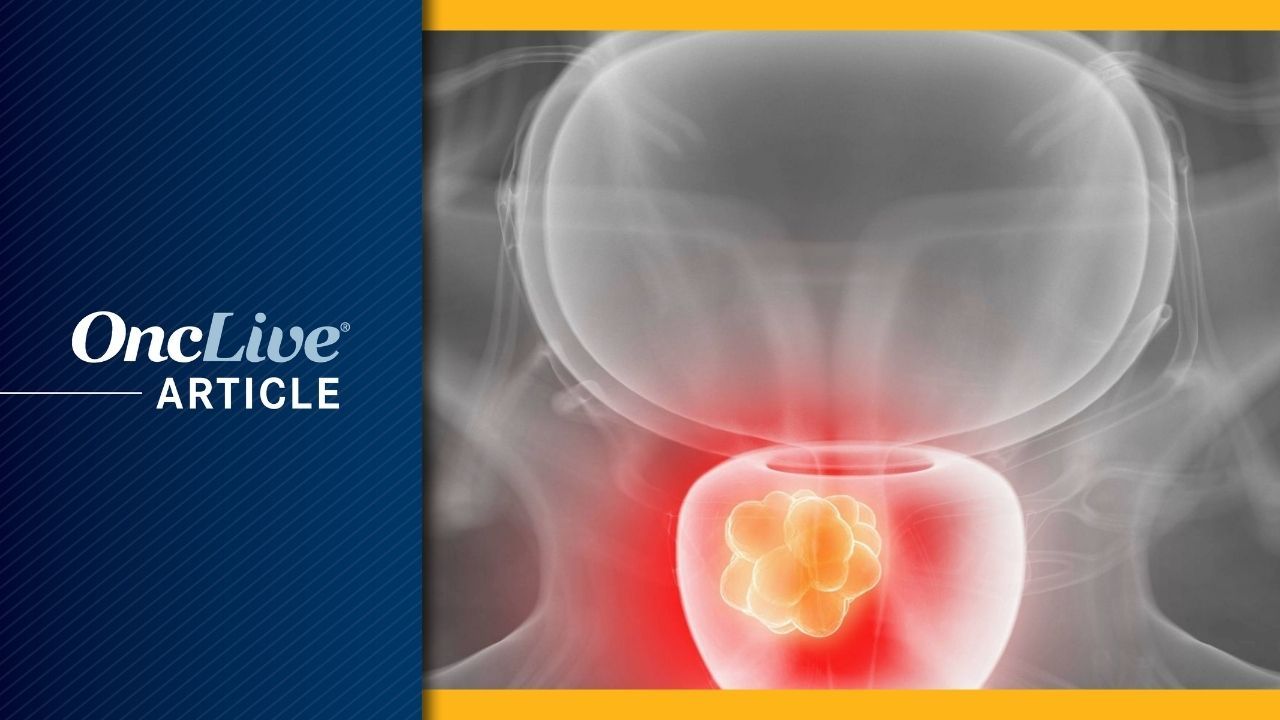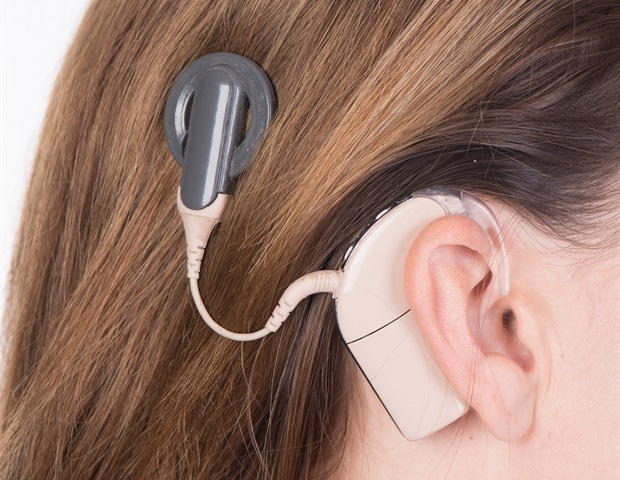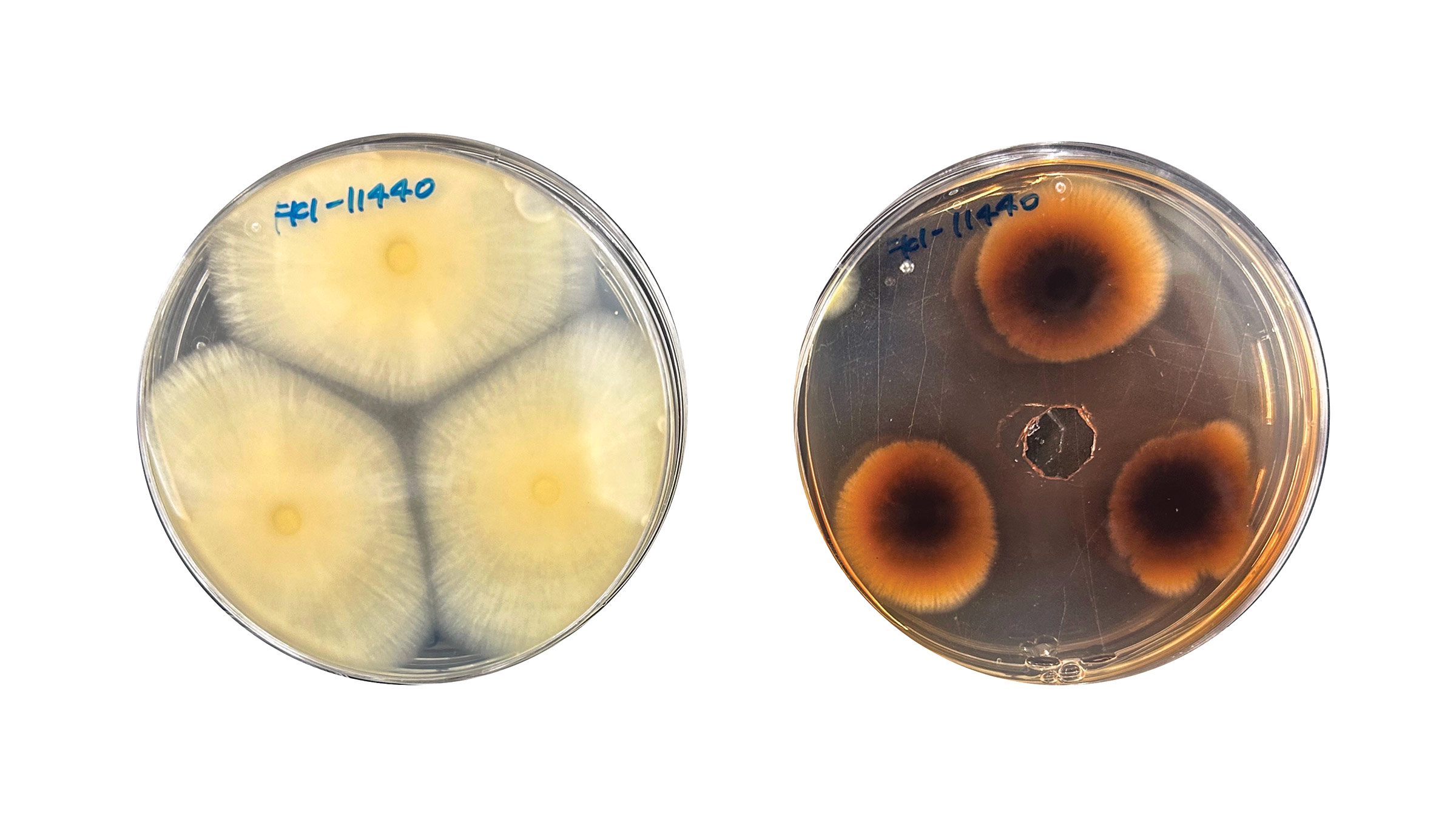The phase 2 Co-PSMA trial (NCT06907641) has achieved its primary end point, displaying a significantly higher proportion of prostate-specific membrane antigen (PSMA)–positive prostate cancer lesions detected using 64Cu-SAR-bisPSMA compared with standard-of-care (SOC) 68Ga-PSMA-11 PET/CT in patients with low prostate-specific antigen (PSA) levels.1
The topline findings support the hypothesis that SAR-bisPSMA, a targeted copper theranostic that can be used with isotopes of copper-64 for imaging and copper-67 for therapy, can improve early detection of prostate cancer recurrence and staging in patients with low PSA levels who are candidates for curative salvage therapy. A complete analysis of the full data generated in Co-PSMA is ongoing and further findings from the trial will be presented at an upcoming international medical conference.
64Cu-SAR-bisPSMA for PSMA-Positive Prostate Cancer Lesion Detection: Key Takeaways
- SAR-bisPSMA is a targeted copper theranostic that can be used with isotopes of copper-64 for imaging and copper-67 for therapy.
- The phase 2 Co-PSMA trial (NCT06907641) met its primary end point by demonstrating that 64Cu-SAR-bisPSMA produced a higher detection rate of prostate-specific membrane antigen (PSMA)–positive prostate cancer lesions vs 68Ga-PSMA-11 PET/CT in patients with low prostate-specific antigen (PSA) levels.
- The FDA has granted 2 fast track designations to 64Cu-SAR-bisPSMA: for the PET evaluation of patients with PSMA-positive prostate cancer lesions with suspected metastasis who are candidates for initial definitive therapy and for the PET evaluation of patients with PSMA-positive prostate cancer lesions with biochemical recurrence of prostate cancer after definitive therapy.
“Achieving the primary end point in the Co-PSMA trial, which was a head-to-head trial against a SOC competing product, is yet another important step in the development of 64Cu-SAR-bisPSMA as we look to further validate this agent as best-in-class through two registrational trials with 2 fast track designations under our belt for diagnostic applications and a strong focus on commercialization,” Alan Taylor, PhD, the executive chairperson of Clarity Pharmaceuticals, stated in a news release.
In August 2024, 64Cu-SAR-bisPSMA received fast track designation from the FDA for the PET evaluation of patients with PSMA-positive prostate cancer lesions with suspected metastasis who are candidates for initial definitive therapy.2 In January 2025, the theranostic received fast track designation from the FDA for the PET evaluation of patients with PSMA-positive prostate cancer lesions with biochemical recurrence of prostate cancer after definitive therapy.3
What Prior Data Have Been Reported With 64Cu-SAR-bisPSMA?
64Cu-SAR-bisPSMA was also evaluated in the phase 1/2 COBRA study (NCT05249127), which examined the theranostic in patients with prostate cancer who experienced biochemical recurrence after definitive therapy.4 Findings from the trial revealed that 64Cu-SAR-bisPSMA led to a change in intended treatment plan in 48% of efficacy evaluable patients (n = 32). Moreover, the approach was found to be safe with only 1 adverse effect being related to 64Cu-SAR-bisPSMA, which was a grade 2 instance of worsening of type 2 diabetes that resolved.
What Was the Design of the Co-PSMA Trial?
Co-PSMA enrolled male patients who were at least 18 years old who underwent radical prostatectomy for confirmed adenocarcinoma.5 Eligible patients also needed to have rising PSA levels (0.20 ng/mL to 0.75 ng/mL) following radical prostatectomy with no prior salvage radiotherapy and have received 68Ga PSMA-11 PET/CT within the past 4 weeks for prostate cancer biochemical recurrence. All patients received a single administration of 64Cu-SAR-bisPSMA at 200 MBq.
“We look forward to [releasing] the full Co-PSMA trial data at world-leading congresses as we continue to adhere to the highest standards of clinical research in our aspirations to bring a best-in-class diagnostic option to men with prostate cancer with clear evidence of superiority,” Taylor added in the news release.1
The primary end point was the detection rate of lesions per participants between 64Cu-SAR-bisPSMA and 68Ga PSMA-11 PET/CT in patients with biochemical recurrence following radical prostatectomy who are being considered for curative salvage radiotherapy.5 Secondary end points included comparing 64Cu-SAR-bisPSMA and 68Ga PSMA-11 PET/CT in terms of the number of lesions outside of the prostatic fossa per patient, diagnostic accuracy, the magnitude of clinical management change, and the number of total lesions at the 1-to-4, and 24-hour imaging timepoints.
“We have already seen in the first-in-human PROPELLER trial [NCT04839367] an improved diagnostic performance of 64Cu-SAR-bisPSMA compared [with] 68Ga-PSMA-11 on same-day imaging, including a higher number of lesions identified and 2 [to] 3 times higher tumor uptake and tumor-to-background ratio,” Taylor said.1 “We then showed in the COBRA trial that approximately twice the amount of lesions was identified on 64Cu-SAR-bisPSMA PET on next-day vs same-day imaging, and vs SOC PSMA PET. 64Cu-SAR-bisPSMA also allowed for the identification of lesions in the 2-mm range, something that SOC PSMA PET agents often fail to achieve. This improvement was driven by a substantially increased tumor-to-background ratio and lesion uptake over time with next-day imaging.”
References
- Co-PSMA trial achieves primary endpoint. News release. Clarity Pharmaceuticals. October 14, 2025. Accessed October 14, 2025. https://www.claritypharmaceuticals.com/news/co-psma-endpoint/
- Clarity receives FDA fast track designation for 64Cu-SAR-bisPSMA. News release. Clarity Pharmaceuticals. October 14, 2025. Accessed October 14, 2025. https://www.claritypharmaceuticals.com/news/fast-track/
- Clarity receives U.S. FDA fast track designation for Cu-64 SAR-bisPSMA in biochemical recurrence of prostate cancer. News release. Clarity Pharmaceuticals. January 24, 2025. Accessed October 14, 2025. https://www.claritypharmaceuticals.com/news/ftd-2/
- Nordquist L, Lengyelova E, Saltzstein D, et al. COBRA: assessment of safety and efficacy of 64Cu-SAR-bisPSMA in patients with biochemical recurrence of prostate cancer following definitive therapy. J Nucl Med. 2024;65(suppl 2):242291.
- Comparative performance of 64Copper [64Cu]-SAR-bis-PSMA vs 68Ga PSMA-11 PET CT for the detection of prostate cancer recurrence in the setting of biochemical failure following radical prostatectomy (Co-PSMA). ClinicalTrials.gov. Updated April 2, 2025. Accessed October 14, 2025. https://clinicaltrials.gov/study/NCT06907641







